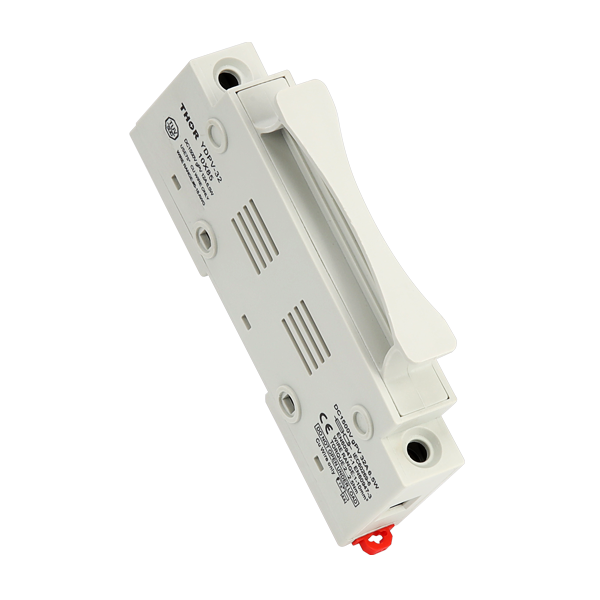A fuse box typically trips due to overloaded circuits, short circuits, ground fault surges, or faulty wiring. For instance, circuits should not exceed 80% of their capacity; a 20-amp circuit should not draw more than 16 amps. Regular maintenance reduces fire risk by up to 70%.
Common Causes of Fuse Box Tripping
The Biggest Cause of Overloaded Circuits
Do you ever see your microwave and notice how the lights dim whenever it turns on? This type of situation is usually associated with circuits being overloaded;one primary reason why suffers the three boxes trip.Some modern homes come loaded with gadgets and appliances that can make demands on a circuit exceeding its capacity to deliver power.If your circuit is 15 amp but you have a 10-amp air conditioner running along with some other appliances that draw current, like TVs or lights, then expect to trip it.
Short Circuits: Hazardous Defect
Ever turn on a switch and instantly smell something burning?That is a potential short circuit, one of the most commonplace motives for tripping.When a hot wire connects to neutral or ground, it allows an enormous amount of power which creates excessive heat and trips the breaker.A short circuit could be found by looking for burn marks on outlets or frayed insulation.
Ground Fault Surges: Silent but Deadly
If you want to talk about ground faults, remember the risks are related with life and can be particularly dramatic in wet places like toilets or kitchens.A ground fault surge can trigger tripping of the breaker when an electrical current jumps its path and gets a short cut back to Mother Earth.This occurs because of wetness or bad sparks protection on the cables.Ground Fault Circuit Interrupters (GFCIs) can be installed that cut power if a fault is detected.
Faulty or Old Wiring: An Aging Problem
Do you remember the flickering lights at grandma's old house?This is a telltale symptom of old or failing wiring that needs to be updated in order for it to handle the load of contemporary power requirements. Wiring in homes that are over 30 years old could be inferior and/or not copper. Wiring degrades with age, leaving poor connections vulnerable to arcing and tripping the fuse box.

How to Diagnose Fuse Box Problems
Inspecting the Fuse Box: First Things First
You'd probably say something like "OK, let's take the back off and have a look at what is going on within.Make sure everything is off before you touch anything so that there won't be any shocks.Check for easy-to-spot damage: burnt fuses, tripped breakers.A burnt fuse can be discoloured or have melted.Turn any tripped breakers back on, and replace any burnt-out fuses you can find (though this is only the beginning).
Testing Circuit Loads: Finding the Culprit
Then they ask me - how many pounds are you really pulling through these cables? With a clamp meter, you can test how much current is drawn by each circuit and find which are overloaded.A circuit, for instance, should not run over 80% of its total capacity. For a kitchen circuit rated at 20 amps this means not exceeding16 amps. This will tell you if your appliances need to be shifted or circuit capacity has to the increased in order for it to handle more load.
Precautions and Safety Measures
Maintenance Schedule: Maintaining a Regular Routine
Book an annual checkup with a professional electrician in order to maintain the integrity of your system. They will ensure there is no danger of overload, expected short circuit risks or insulation wear.Regular maintenance can lower the chances of an electrical fire occurring by as much as 70%.
Upgrade Old Systems: Stay Current
"Is the old panel above ready for your new air conditioner? If your home is on the older side, perhaps updating your electrical panel or circuits to carry modern loads. Current electrical standards recommend at least a 200 amp panel for normal home usage.It can keep you from tripping whenever someone forgets to turn the lights on, and it will be safer.
Install Surge Protectors: Safeguard Your Electronics
Got a surge protector on all of this nice, expensive TV?Power surges causes tripping and appliance damage When homes have whole-home surge protectors installed as an electrical system component, they can help to buffer their systems against spikes originating from either external sources, like lightning or internal ones such as cycling appliances. The statistics have shown that surge protectors can lengthen the life of your appliances with 30% or more.
